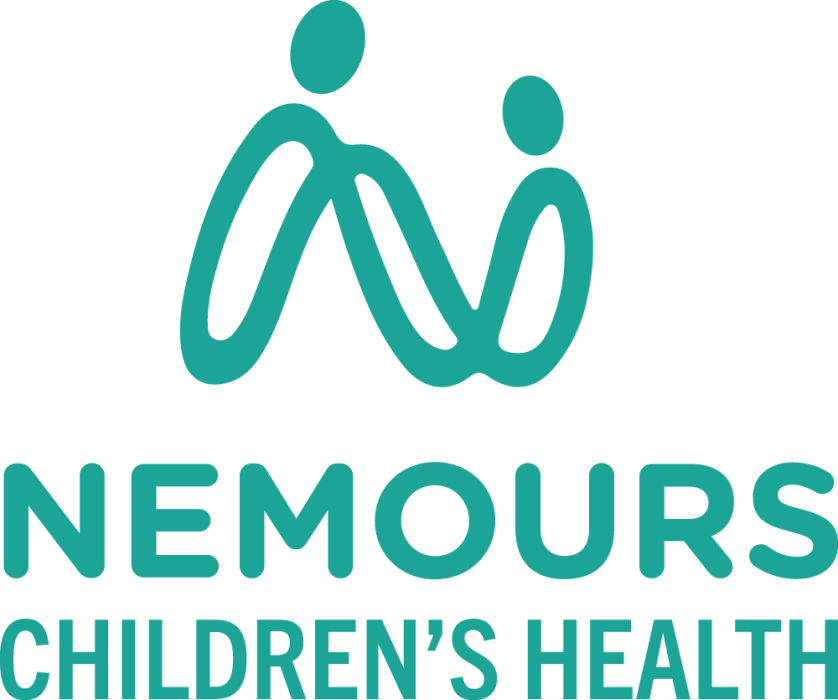Introduction
Philanthropic organizations, policymakers, communities and caregivers share a common purpose in striving for conditions that enable children and youth to thrive. Though the COVID-19 pandemic has presented new challenges and exacerbated pre-existing stressors, it has also revealed strengths and resilience within communities. By shining a light on health disparities and the systemic underpinnings of social, racial and economic inequities, the pandemic calls upon leaders and communities to meet the moment with action. In particular, a mental, emotional and behavioral (MEB) health crisis has emerged among children and youth, presenting a significant concern along with an opportunity for improving care and support for children and young people. By aligning actions that elevate community-led voices and solutions, we can accelerate equitable MEB health and well-being for our nation’s children, youth and their caregivers. This report issues a call to action for philanthropic organizations and public-sector partners that are ready to move forward in improving MEB health. It describes existing philanthropic and federal MEB initiatives, based on information gathered from policy scans, interviews, focus groups, and a convening of philanthropic organizations. Finally, it offers a potential portfolio of aligned strategies for private- and public-sector partners to consider.
The Issue
As a result of the COVID-19 pandemic, children have experienced increased stress from changes to their routines, breaks in the continuity of learning and health care, missed life events, and an overall loss of security and safety.2 Since the onset of the pandemic, more than 13.36 million children have tested positive for COVID-19.3 In addition, more than 200,000 children and youth lost an in-home caregiver to COVID-19.4 According to Dr. Vivek H. Murthy, the U.S. Surgeon General, “the challenges today’s generation of young people face are unprecedented and uniquely hard to navigate. And the effect these challenges have had on their mental health is devastating.”1 Children are requiring more immediate and intensive behavioral health care, including emergency room visits and inpatient stays in the hospital.5 Emergency room visits for mental health-related conditions increased by nearly 25 percent for children age 5–11 and by over 30 percent for those 12–17 years during the pandemic.6 In addition, Black children, who were more than twice as likely to die from suicide than white children prior to the pandemic, are most likely to have lost a parent or caregiver to COVID-19 compared to other racial and ethnic groups.7 While this crisis has been in the making for decades, many children and youth have incredible resilience8 that can be leveraged with support from community leaders, policymakers, funders and other stakeholders who seek to make an impact.
Call to Action
We call upon national, regional and state-based philanthropic organizations and their federal partners to advance equitable MEB health and well-being for children, youth and their caregivers by aligning work on a portfolio of strategies. Youth, caregivers and communities should be the guiding voices for this effort. At a time when there are urgent MEB health needs and clear health disparities among children and youth, we invite you to join us in taking coordinated and immediate action to ensure children and youth have equitable opportunities to reach their full potential and thrive.

